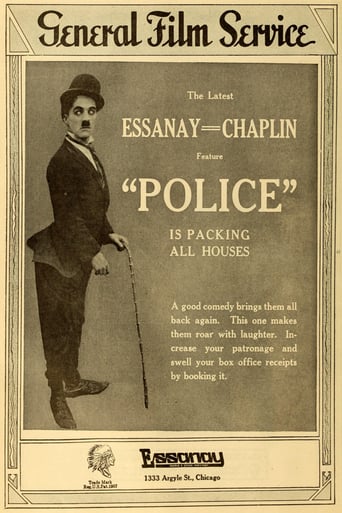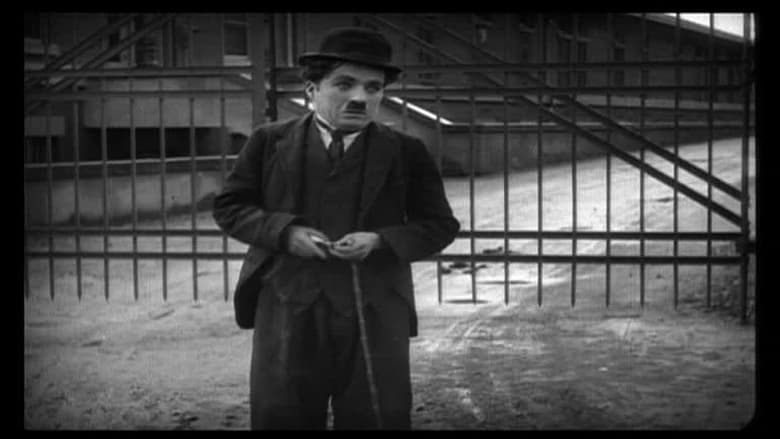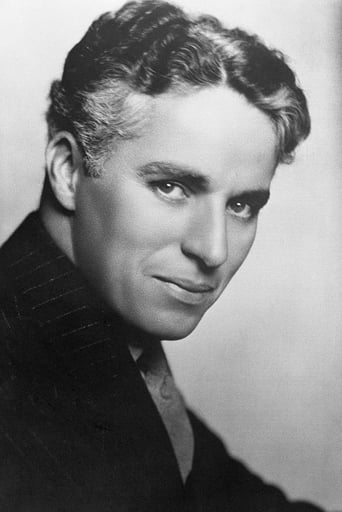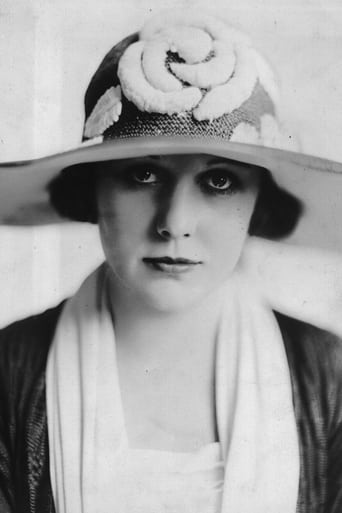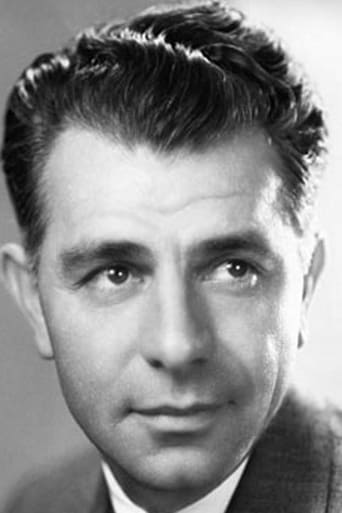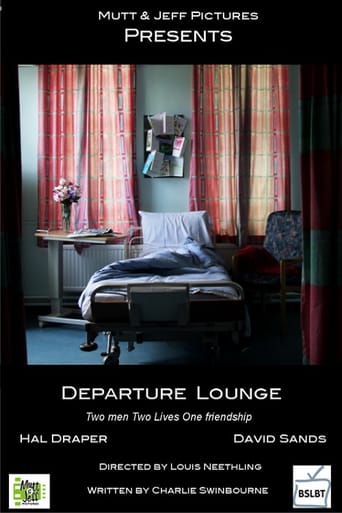Police (1916)
Charlie is released from prison and immediately swindled by a fake parson. A fellow ex-convict convinces Charlie to help burglarize a house.
Watch Trailer
Free Trial Channels
Cast


Similar titles
Reviews
What a waste of my time!!!
Tells a fascinating and unsettling true story, and does so well, without pretending to have all the answers.
The movie really just wants to entertain people.
It is interesting even when nothing much happens, which is for most of its 3-hour running time. Read full review
An amusing tour of the flophouses and the seedier side of Los Angeles, circa 1916, when you could REALLY be poor through no weakness of your own.Charlie has just been let out of prison and tries to make his way through this Dickensian milieu without a cent. But he's spirited, enlivened by the challenge, not depressed.A bit of theft here and there, a sad tale for the flophouse owner. When he impudently uses his cane to pull the feet out from under a police officer, the cop does a forward somersault in mid-air. There are pratfalls and then there are pratfalls.The plot doesn't matter much. It rarely does in his earlier short. He is recruited by another criminal to help burglarize a house. They enter it and begin crashing into tables full of silverware, sitting on pianos, setting off alarm clocks and so on.Charlie saves the pretty mistress of the house from harm by his partner and in return she gets him off when the police arrive.
With this picture Charlie Chaplin ended his fruitful tenure at Essanay. While he had produced a handful of better shorts in that period, Police does show off everything he had developed and perfected during his time at the studio. So let's recap with Charlie.The first thing that is very evident is Chaplin's confidence in his own material. In contrast to the high-speed slapstick that made up virtually all silent comedy up to this point, Police contains lots of slow and subtle visual gags that rely upon the audience's ability to relate to the situations and pay attention to detail. So we get moments like Charlie drying his eyes on the preacher's beard, or getting into the habit of patting his pockets for change every time someone offers to help him go straight. The sedate pace of the bulk of the picture means that when we do get a bit of fast-paced action it has more impact.However, the clearest and perhaps the most important development Chaplin made at Essanay was the ability to create stories. His first few Essanay pictures don't really have plots, and are just half an hour of antics based around a single location. With Police there is a well-defined structure, and this is probably the strongest and most carefully balanced story he has made so far. There is a consistent theme of Charlie trying to give up crime, and this is set up in the first scene and resolved in the last one. The love angle with Edna Purviance is also neatly established, with them running into each other part way through the burglary, and their relationship built-up and woven into the redemption idea. Perhaps this all sounds a bit high-minded for a comedy, but it is important because it helps the audience connect to the character and gives the jokes a bigger pay-off.Ever the pragmatist, Chaplin would soon be lured to Mutual studios with the promise of a higher salary. At Mutual he would make what are generally agreed to be his finest short features. Still, his Essanay output, while very much the product of a learning phase, is full of fun and funniness, and the first time the world got to see the little tramp really flourish.But that's not all; there's still the all-important statistic – Number of kicks up the arse: 6 (2 for, 1 against)
Chaplin wrote, directed, and starred in this film, his last for Essanay. The company reedited the film after Chaplin left, and it took months more to release as a result. Chaplin is a man released from prison who is immediately swindled by a sidewalk preacher. He meets up with his old cell-mate who is trying to rob him on the sidewalk, and they decide to break into a mansion where Edna Purviance lives with her old, sick mother. Once inside, there are some good sight gags, as the two crooks are discovered by Edna. She'll allow them to take some things and leave as long as they don't disturb her mother upstairs. This doesn't sit well with Chaplin's partner in crime, and Chaplin finds himself defending Edna. The police arrive in time, and Chaplin is set straight by Edna and the lie she tells the police. Chaplin's comedy is more subtle in this film, but there are still some fine brief bits of slapstick. Chaplin was quickly realizing his films were more poignant and successful when the plots were more sophisticated and the slapstick was more restrained. Wesley Ruggles and Snub Pollard have supporting roles in this one. **1/2 of 4 stars.
Chaplin is released from prison and immediately everyone wants to help him go straight. He runs into his old cell-mate and together they break into a house. Edna Purviance lives in that house and she even helps the guys, but only when they are quiet since her mother is very ill.This Chaplin two reeler is boring in the beginning but once they enter the house it gets pretty entertaining. It is definitely not his best though.

